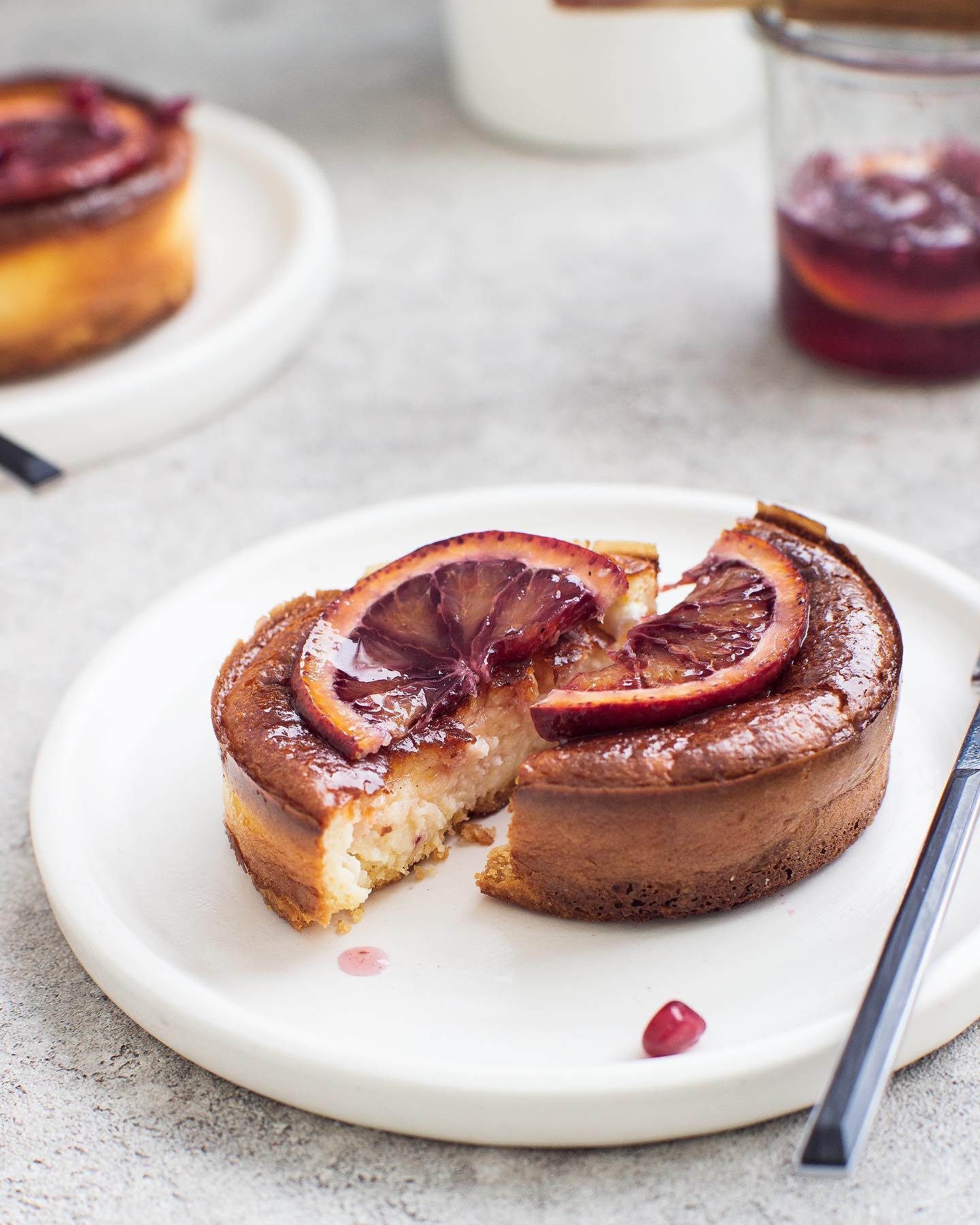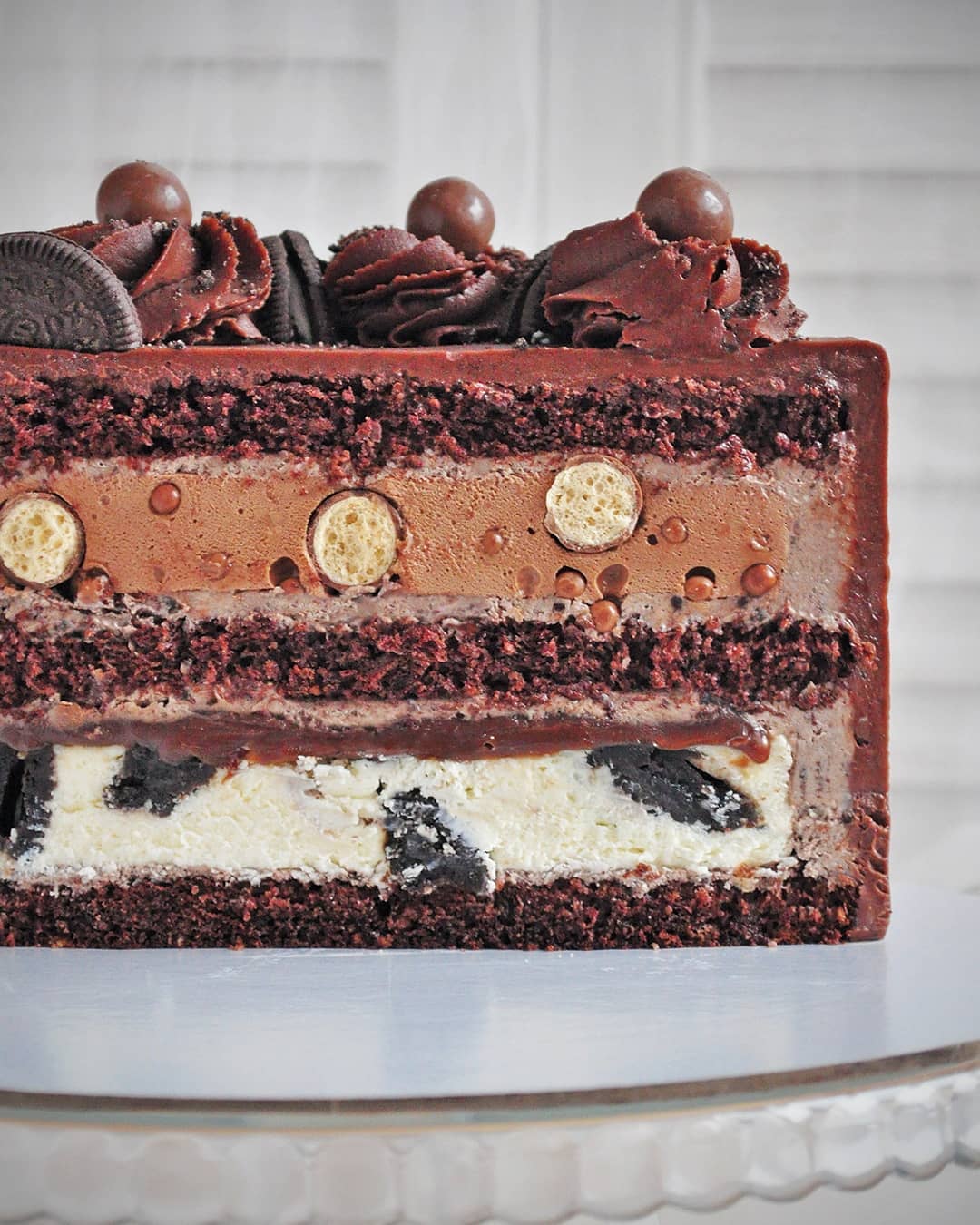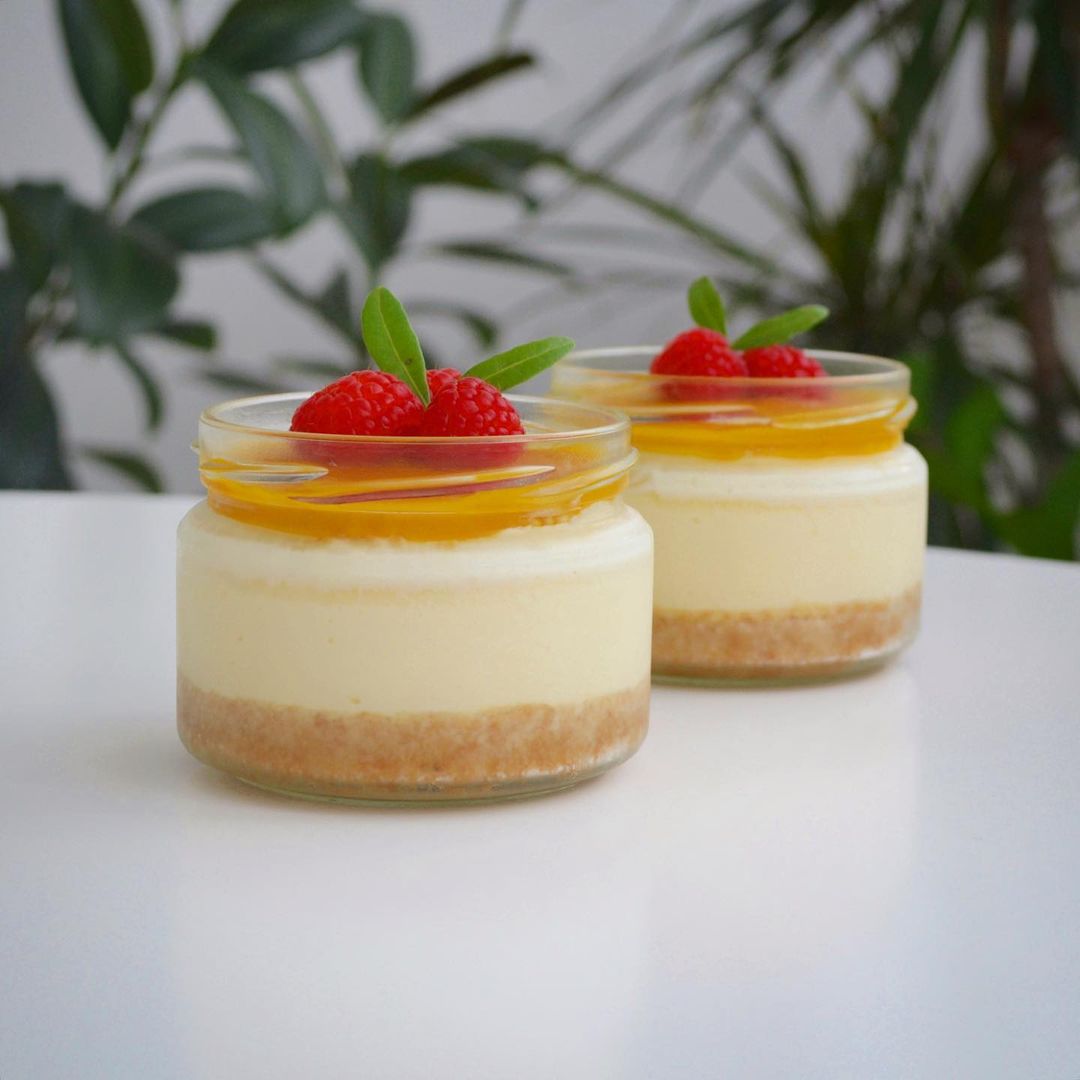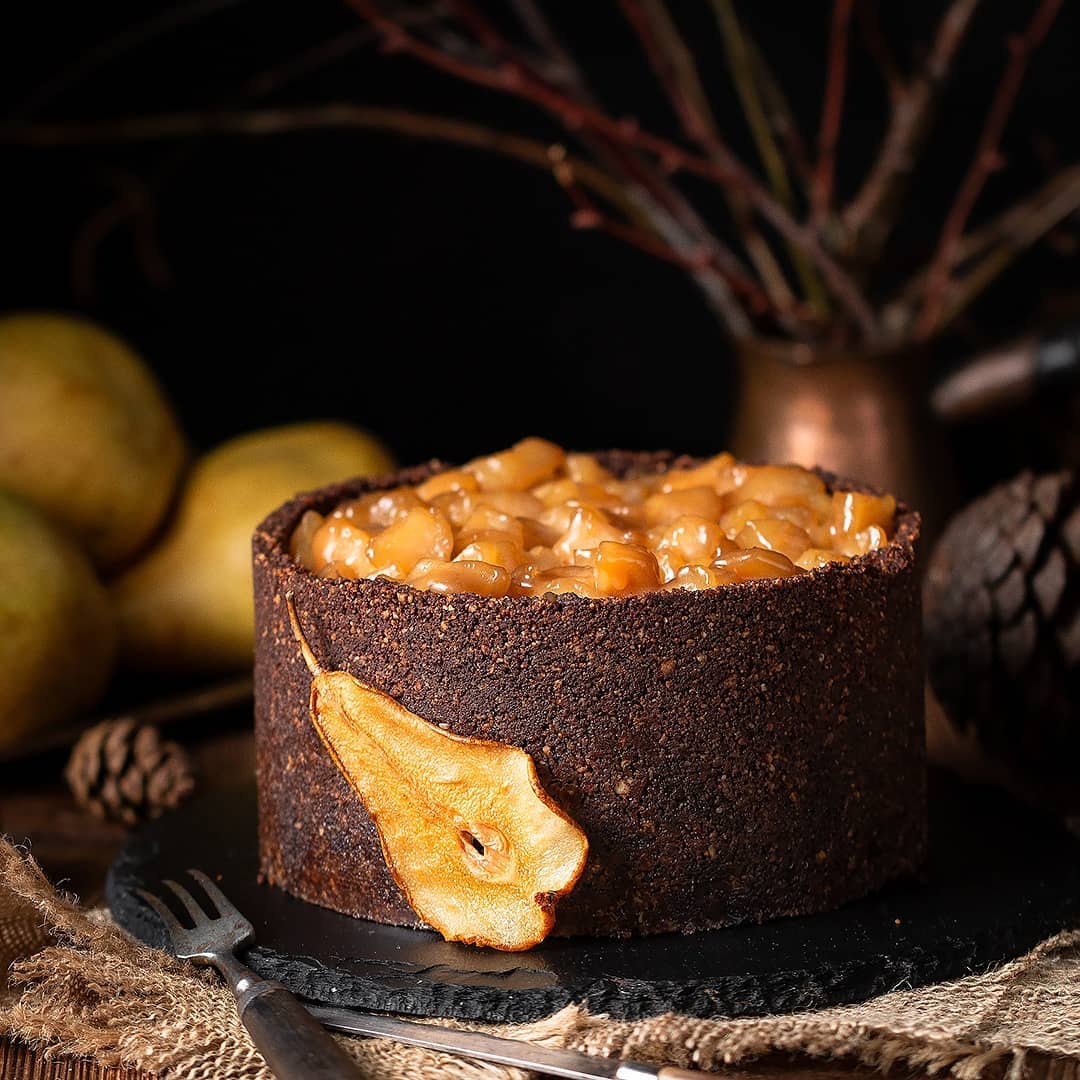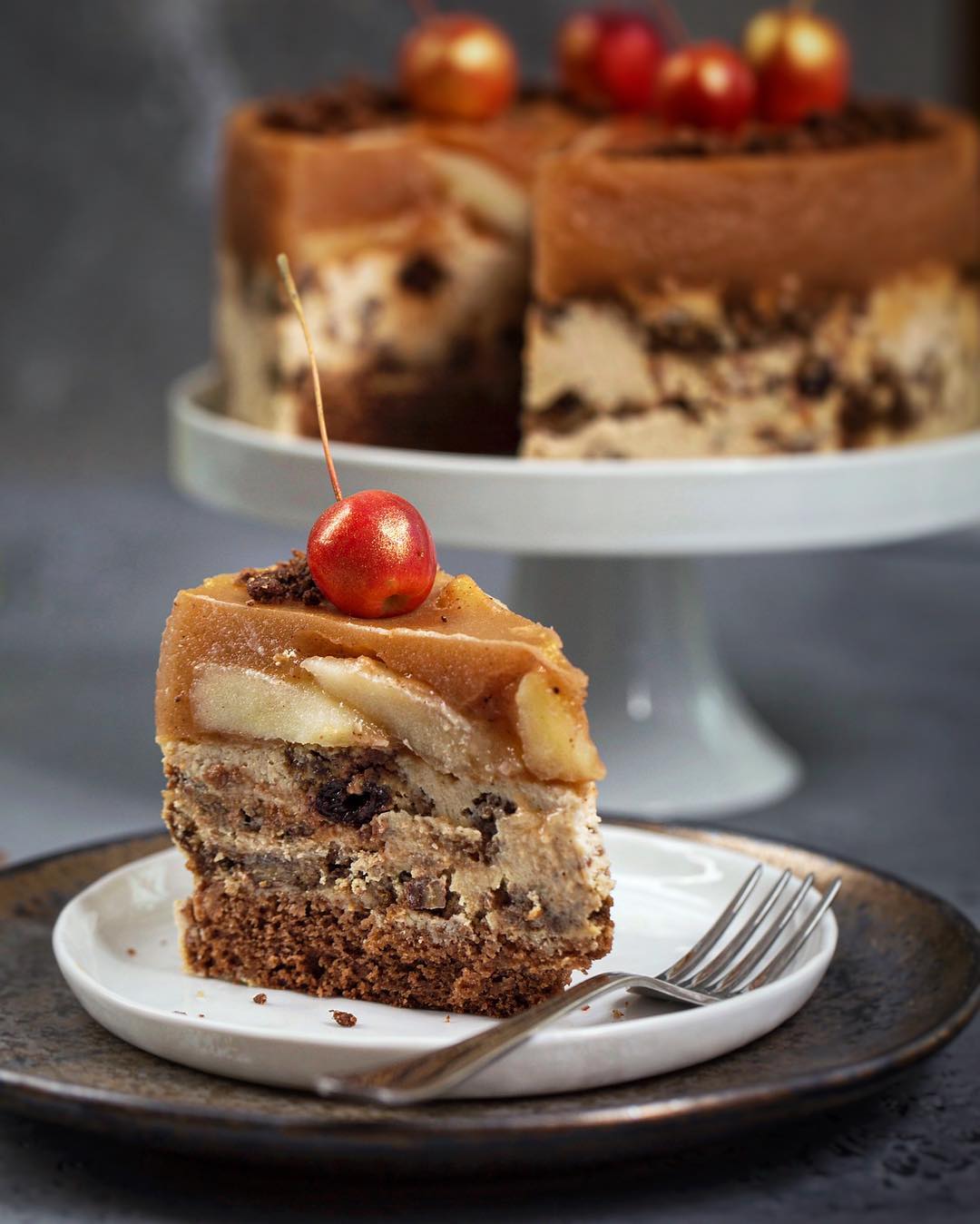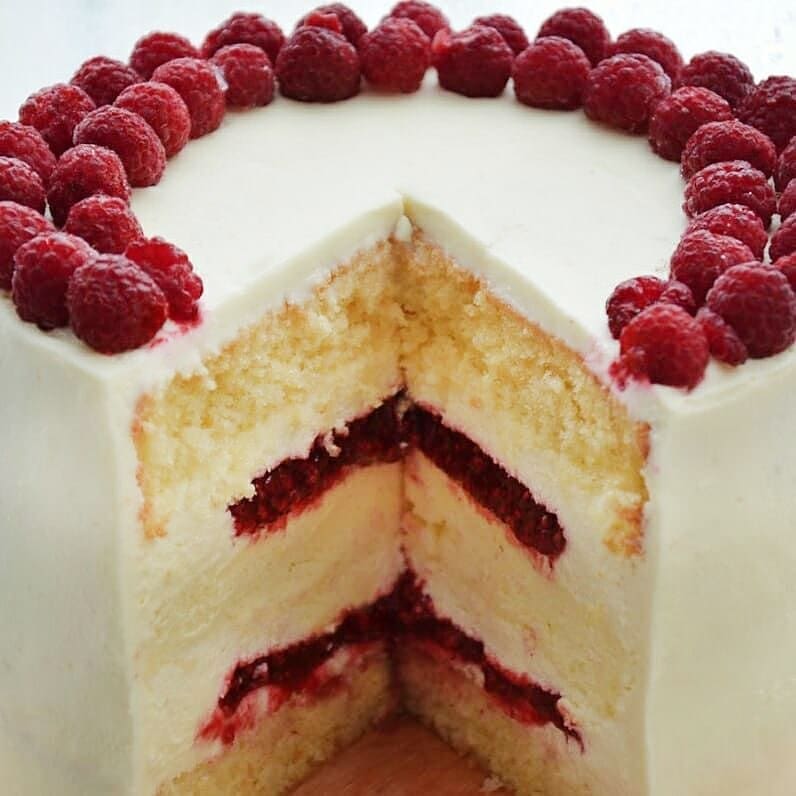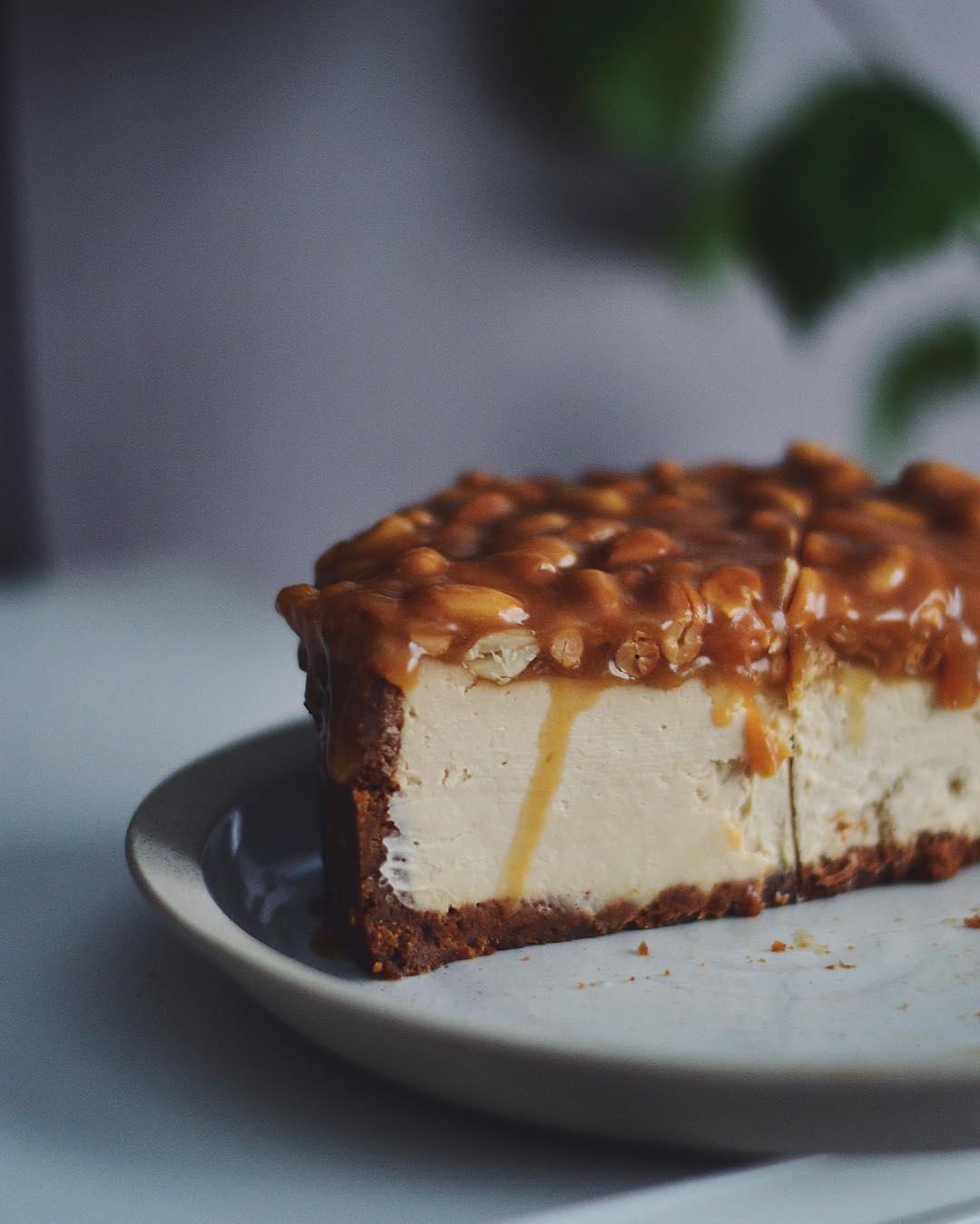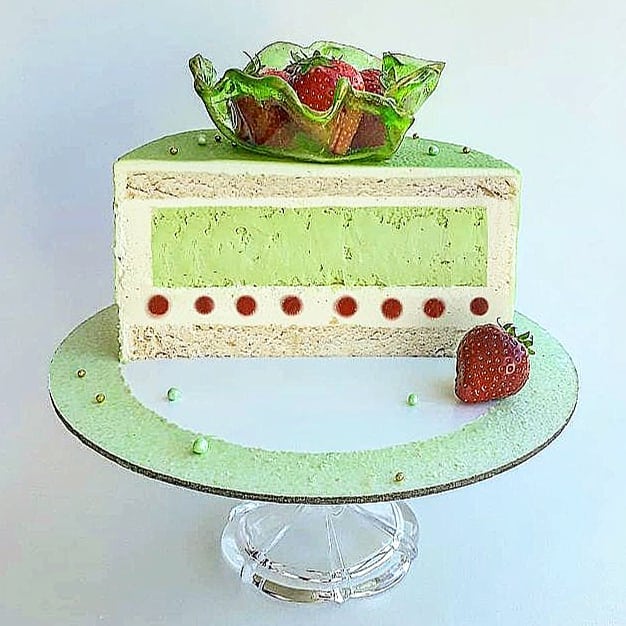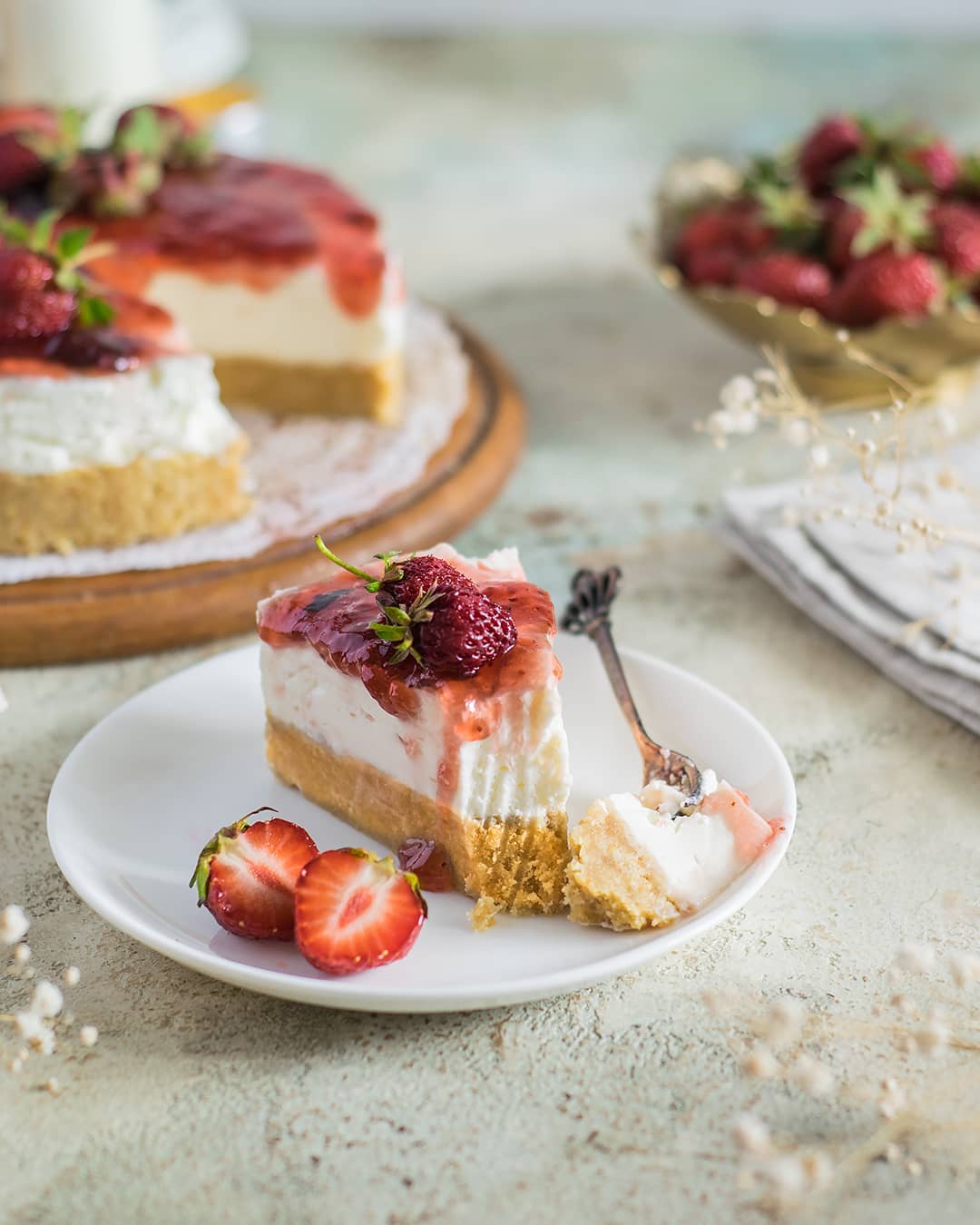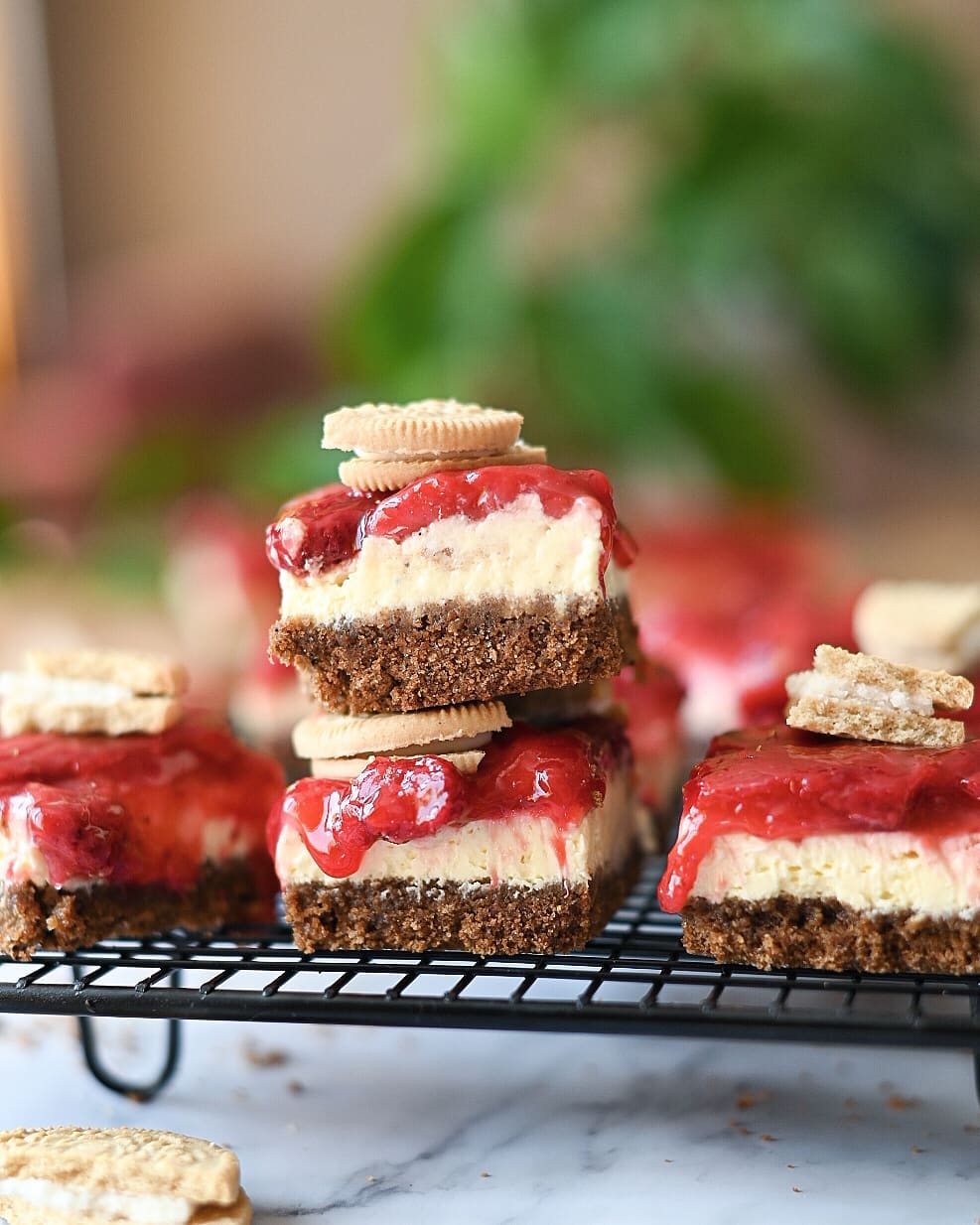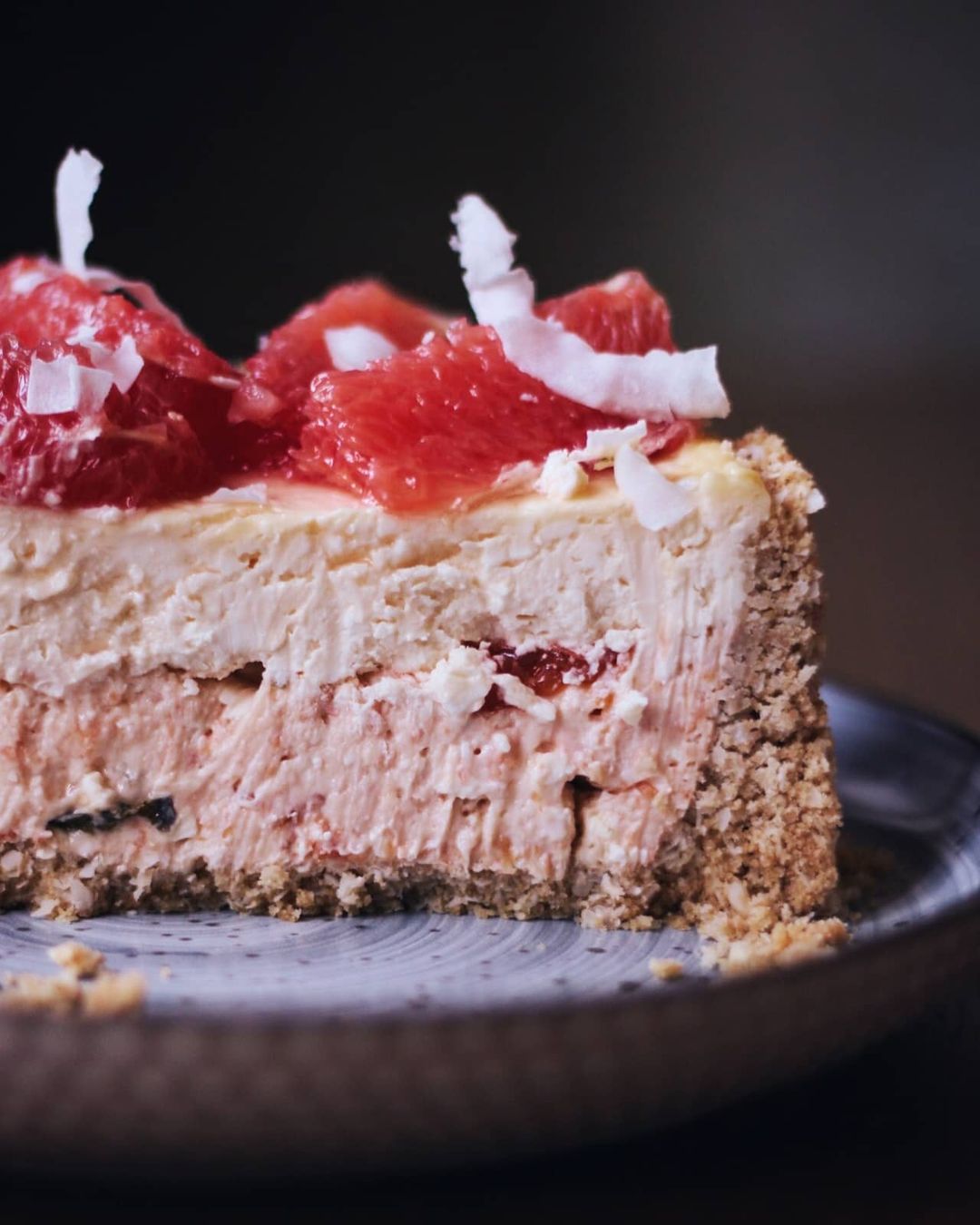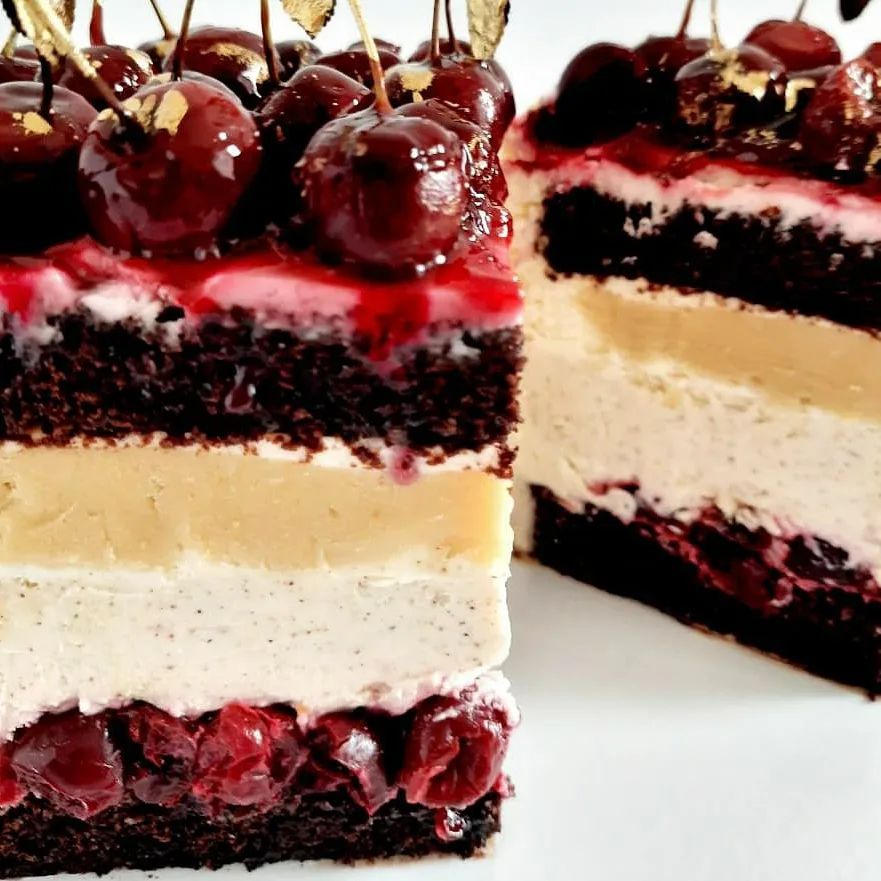Ingredients
The pastry
Cheese mass
Syrup
Instructions
Step 1
Step 2
Step 3
Step 4
Step 5
Step 6
Step 7
Step 8
Servings
Equipment
A good-quality mixer will help you achieve the perfect crumbly texture for your pastry dough and ensure your cheese mass is smooth and uniform.
Silicone molds provide consistent baking and easy removal, essential for keeping those mini cheesecakes intact.
Wrapping the dough in cling film before refrigeration helps it stay moist and manageable.
Variations
Faq
- What should I do if my pastry dough is too sticky?
If your pastry dough is too sticky, try refrigerating it for an additional 30 minutes. You can also lightly dust your working surface and rolling pin with flour to make handling easier.
- Can I use another type of citrus juice instead of blood orange?
Yes, you can swap blood orange juice with regular orange juice, lemon juice, or even lime juice. Adjust the sugar in the syrup accordingly to balance the tartness.
- How do I prevent my cheesecakes from cracking?
To minimize the chances of your cheesecakes cracking, make sure not to overmix the batter and avoid opening the oven door while baking. Cooling them slowly at room temperature before refrigerating helps as well.
- Can I make these cheesecakes ahead of time?
Absolutely! These mini cheesecakes can be made a day ahead and stored in the refrigerator. They actually taste better after they've had some time to set and the flavors have melded together.
- How do I know when my cheesecakes are done baking?
Your mini cheesecakes are done when the edges are set, and the center is slightly wobbly. They will continue to firm up as they cool and refrigerate.
- Can I freeze these cheesecakes?
Yes, you can freeze these cheesecakes. Just make sure to wrap them tightly in plastic wrap and place them in an airtight container. Thaw in the refrigerator overnight before serving.

